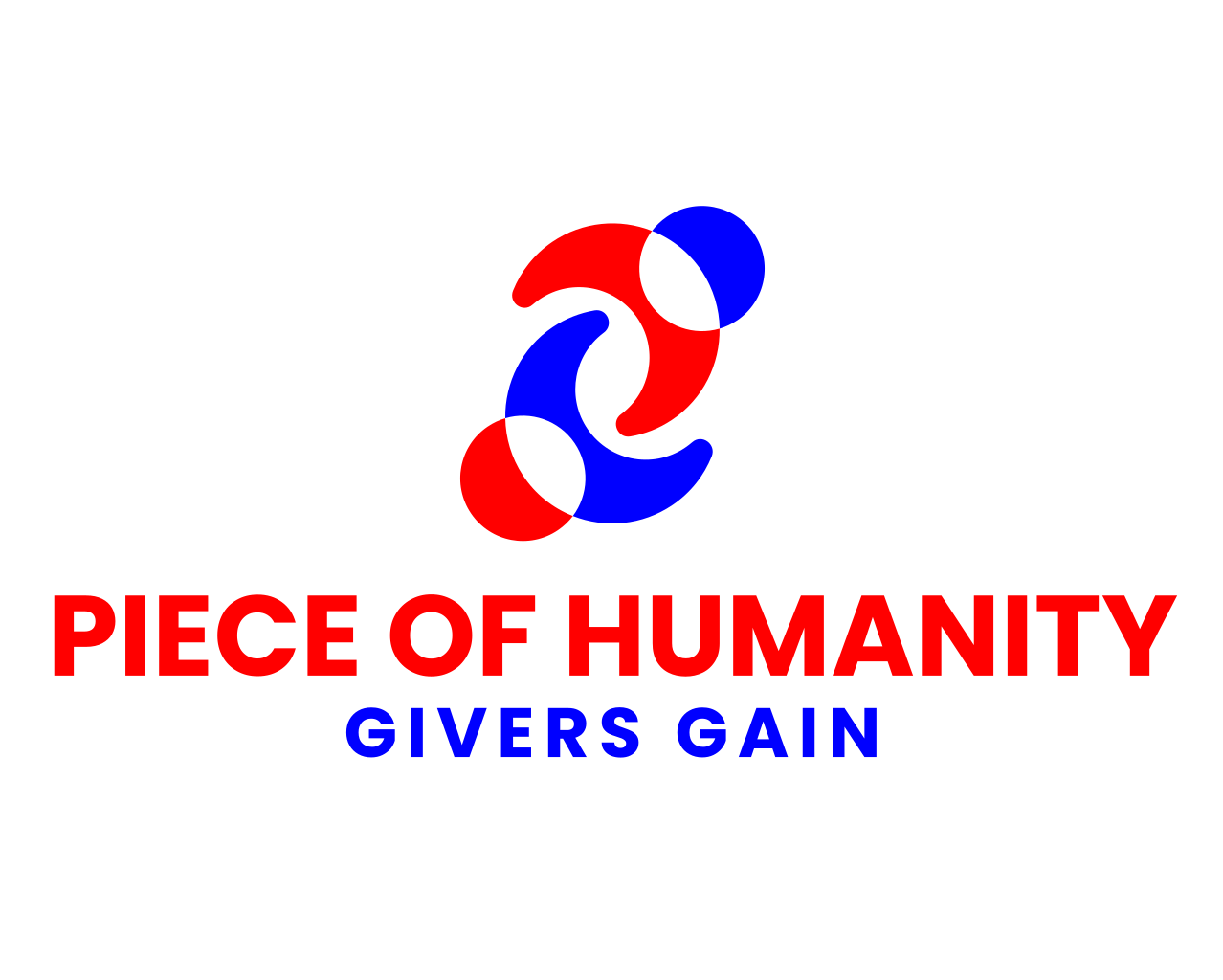In a nation split by red and blue, a simple idea—“you are what I think I am”—could shift how we connect. This quote suggests that our perceptions of others mirror our self-image. If I see myself as kind but label you as cruel, division grows. However, imagining others as reflections of ourselves might spark unity. Today, America wrestles with deep polarization, fueled by politics and amplified by social media. Yet, rethinking our approach to judgment could mend some fractures, one thought at a time. Pew Research highlights how divided we’ve become, but this mindset offers hope.
Seeing Ourselves in Others
What if we paused before judging? When we assume someone’s motives align with our own, empathy kicks in. For instance, I might value honesty and assume you do too. Suddenly, “us vs. them” softens into “we’re alike.” Social media often fans the flames of conflict, with endless echo chambers. Still, picturing others as similar could cut through the noise. The American Psychological Association notes empathy reduces hostility. So, this shift in thinking might just quiet the chaos and build bridges.
Healing the Gaps
Division thrives when we see enemies, not people. But recognizing shared humanity changes that fast. If I think, “They’re like me,” walls crumble. Moreover, this isn’t about ignoring differences—it’s about finding common ground first. Politics splits us into groups, yet we all want safety, love, and respect. By focusing there, we disarm the tension. Research from Harvard shows shared goals unite even bitter rivals. Thus, this reflective mindset could heal America’s wounds, step by step.
A Thoughtful Way Forward
Of course, it’s not easy to rethink habits. Social media thrives on snap judgments—scroll, react, repeat. However, slowing down to reflect takes effort worth making. If we start small, like assuming the best in a stranger, it spreads. Additionally, this approach doesn’t fix everything overnight. Yet, it plants seeds for understanding. Over time, those seeds could grow into real change. After all, we’re not as different as the headlines scream. So, let’s try seeing ourselves in each other.
Conclusion: One Thought at a Time
In short, “you are what I think I am” challenges us to rethink division. By seeing ourselves in others, we chip away at America’s polarization. It’s a quiet rebellion against the noise—a way to connect, not divide. Transitioning from judgment to curiosity could be our lifeline. The gaps won’t close instantly, but every step counts. What if you tried this today—how might it change your next conversation?
